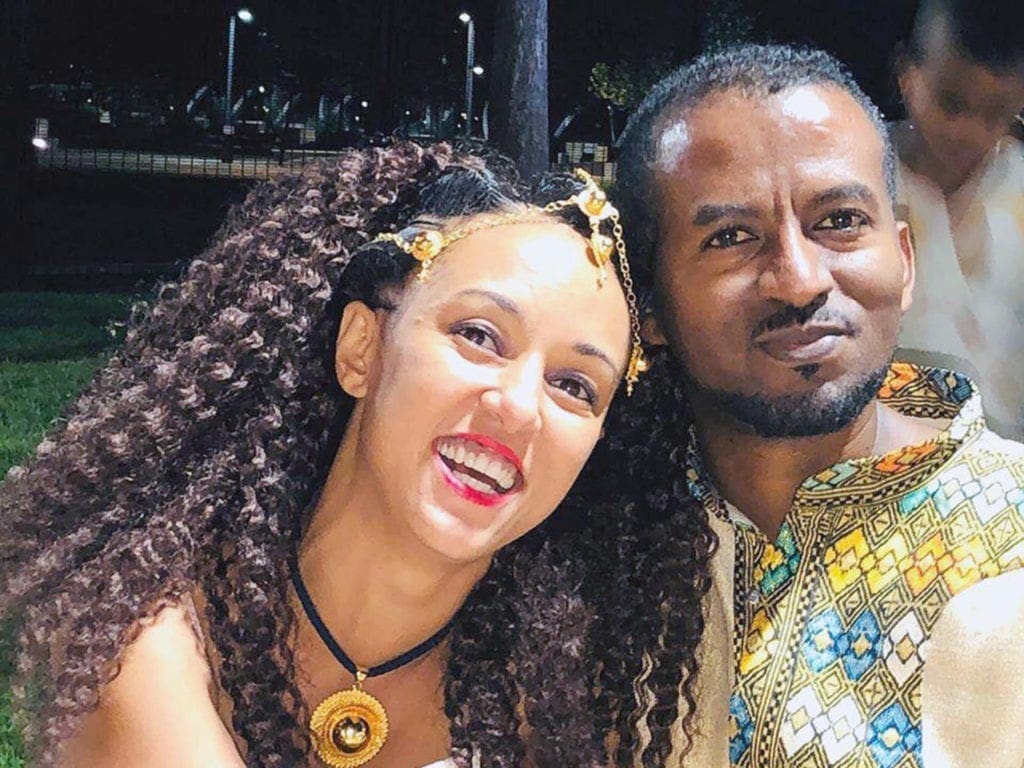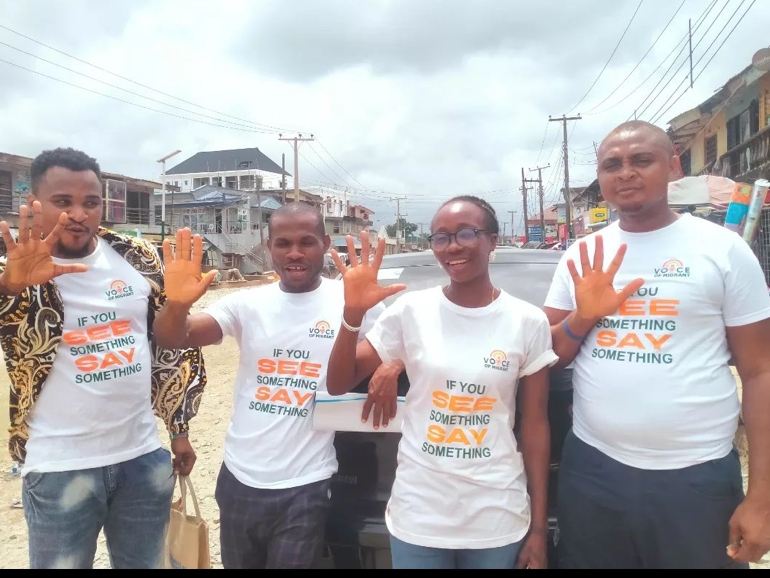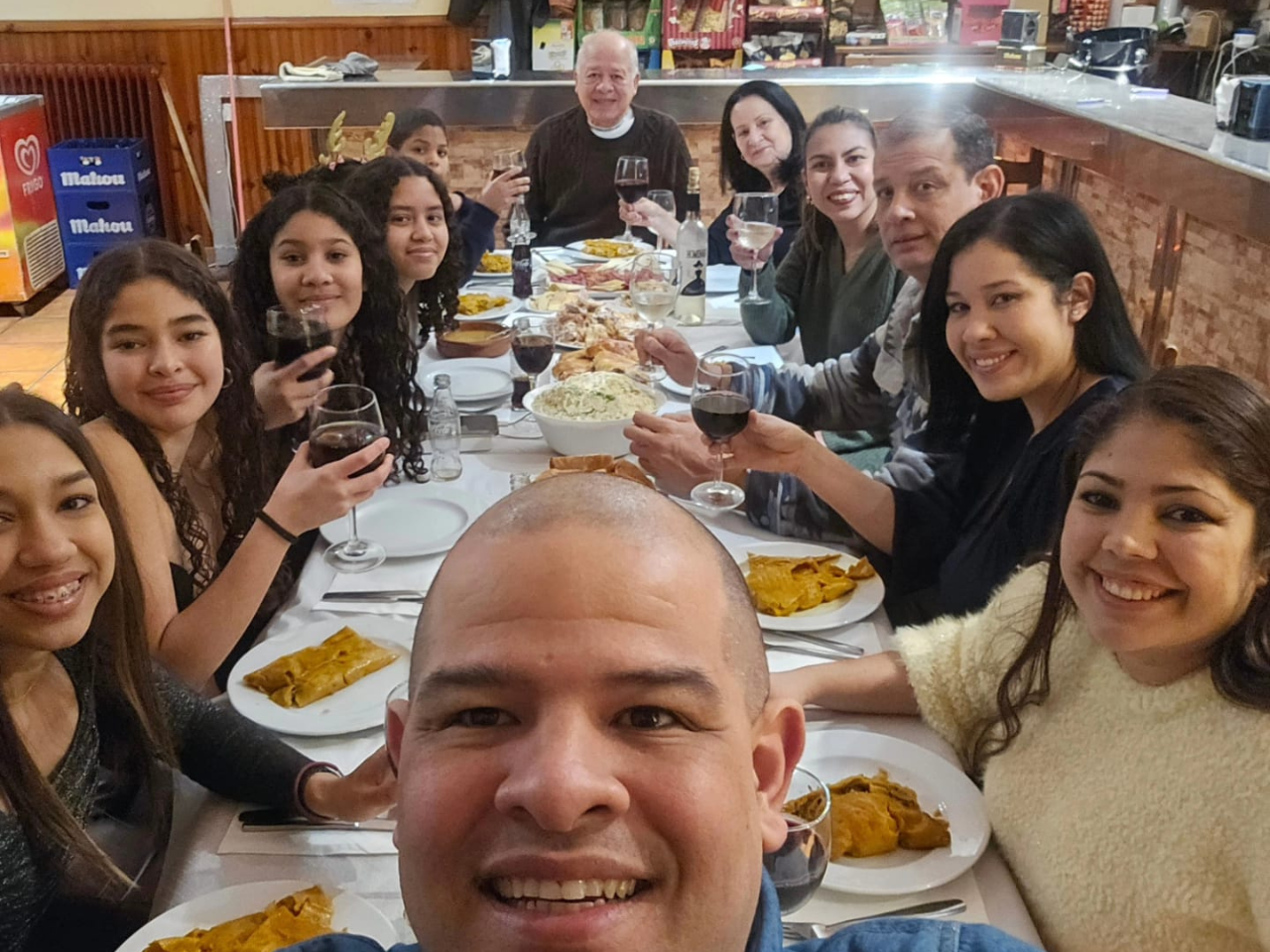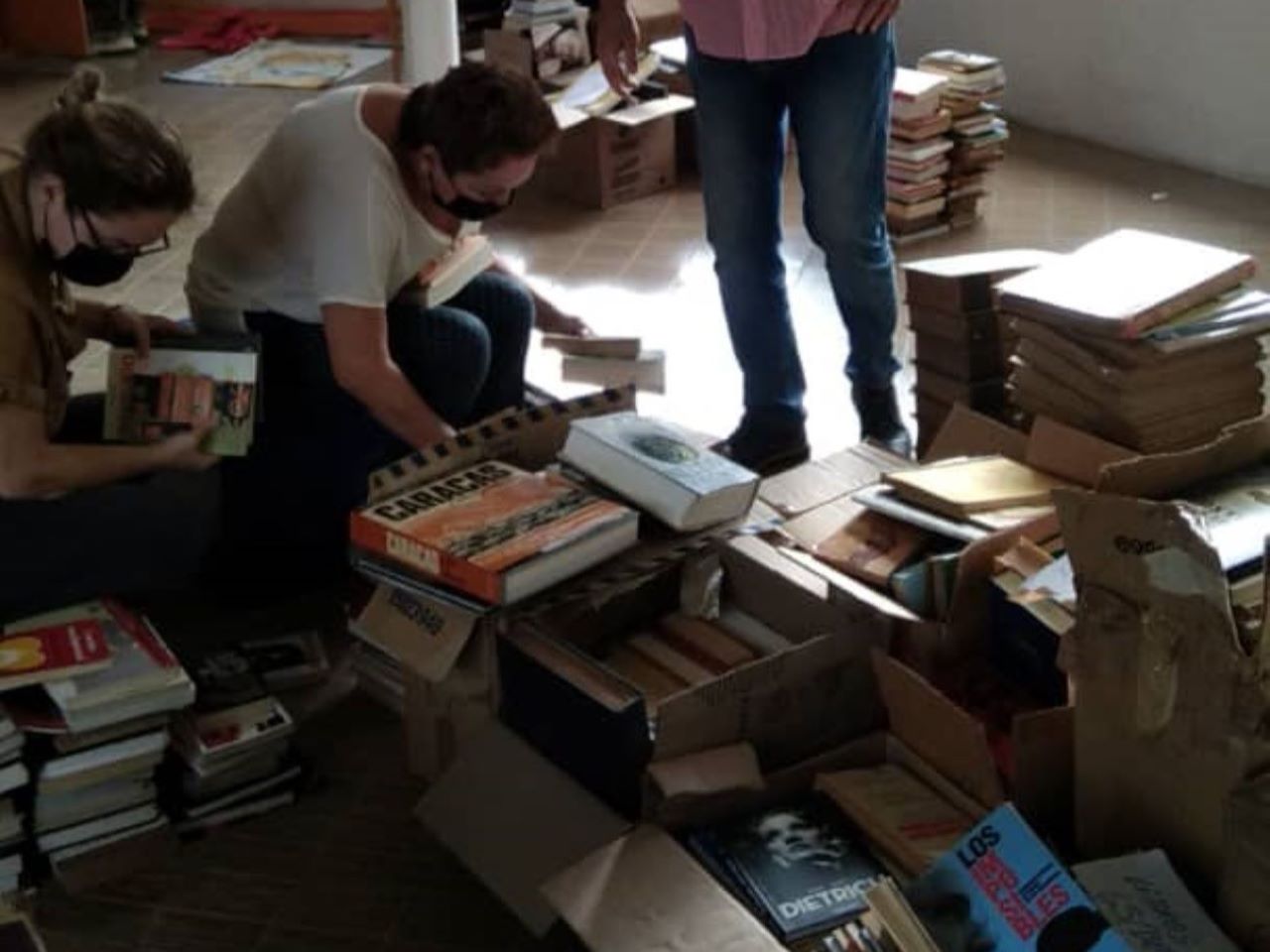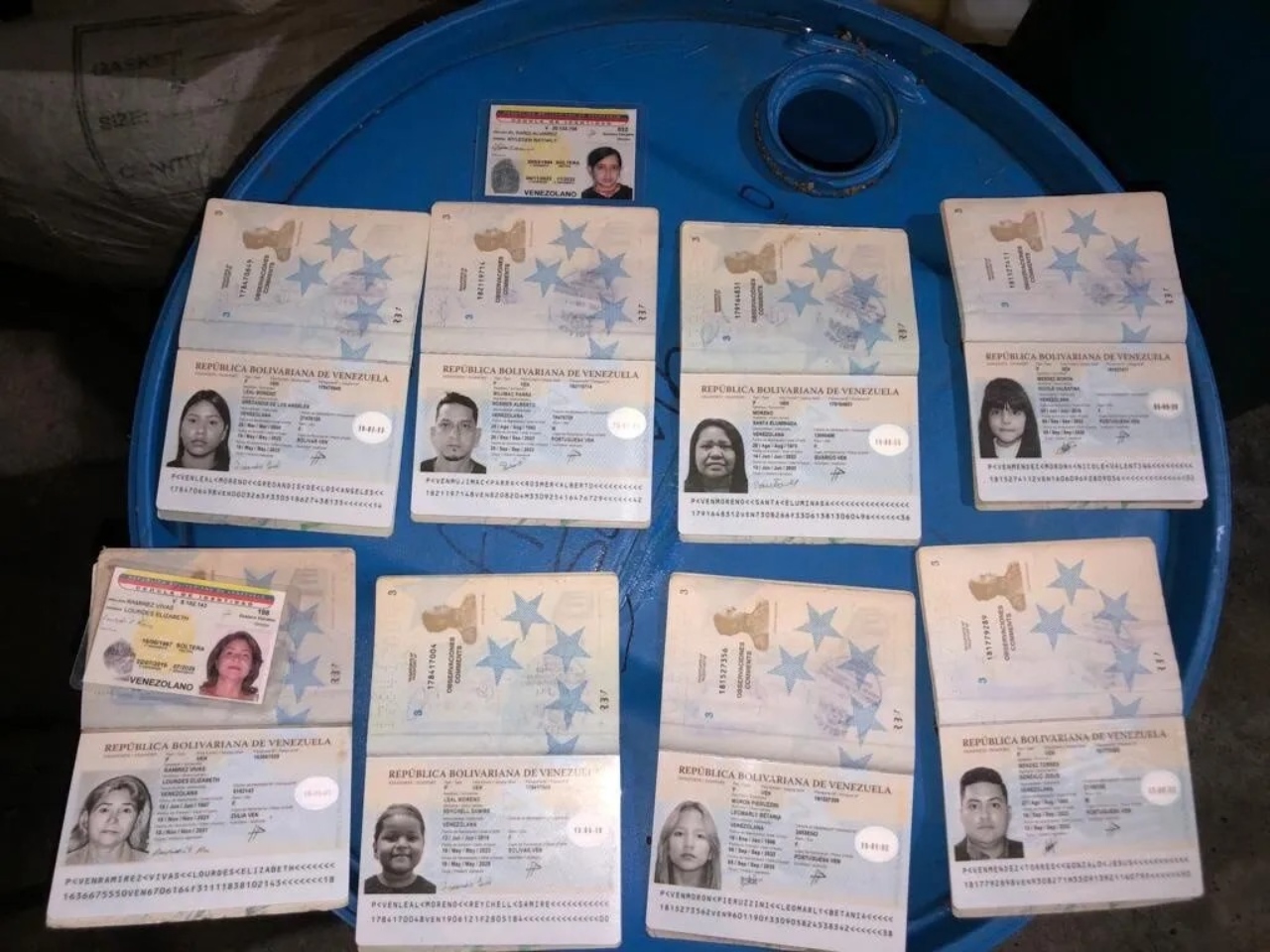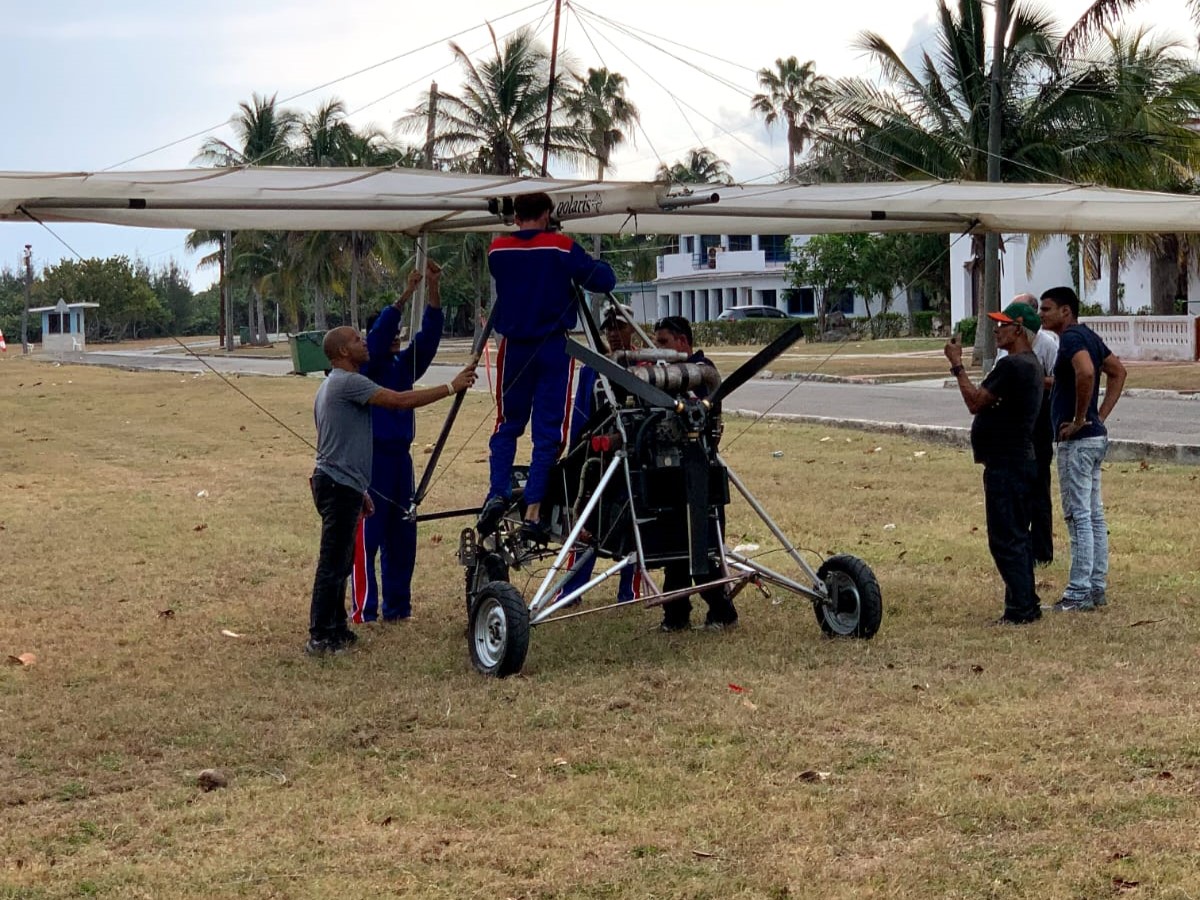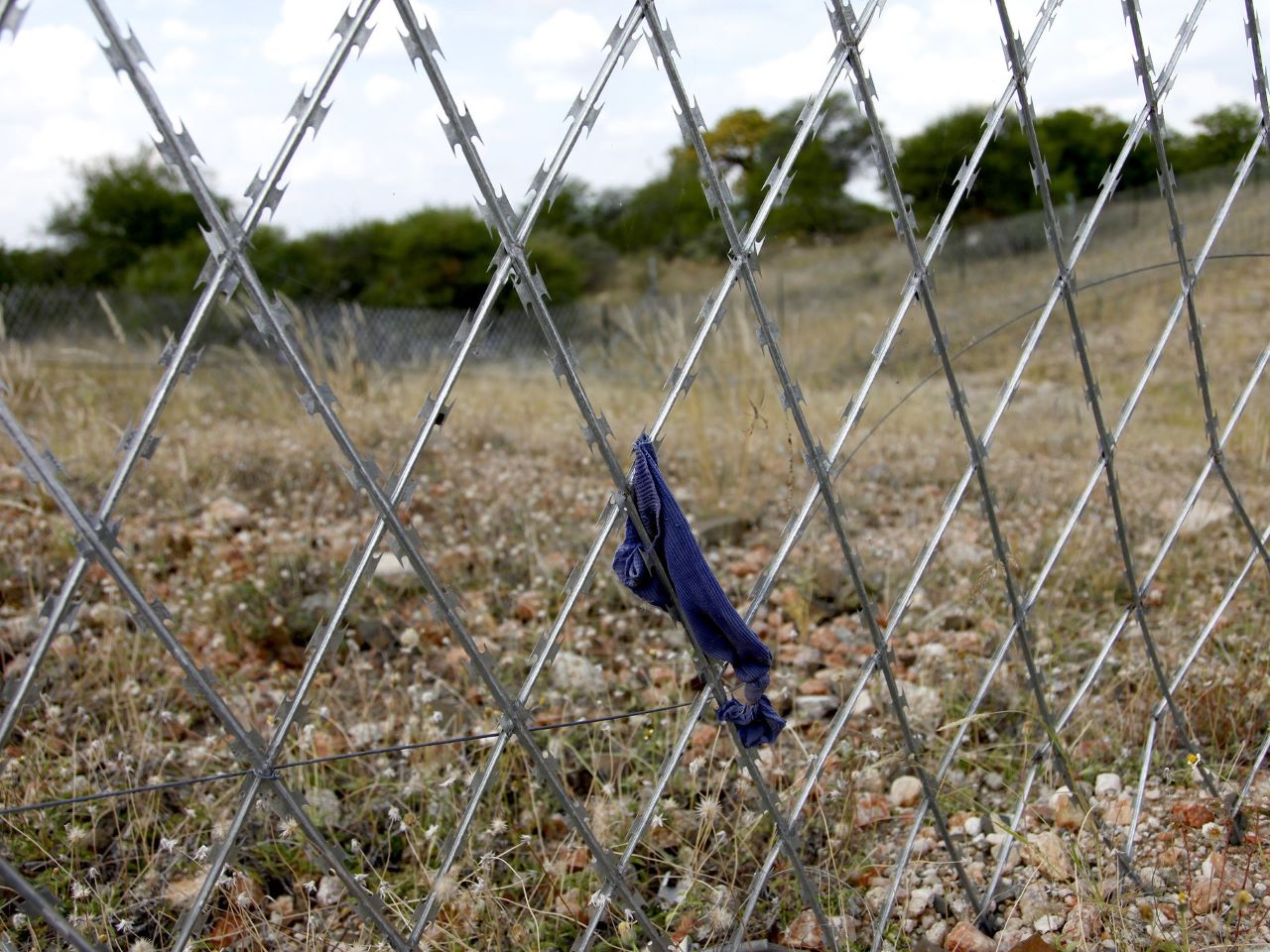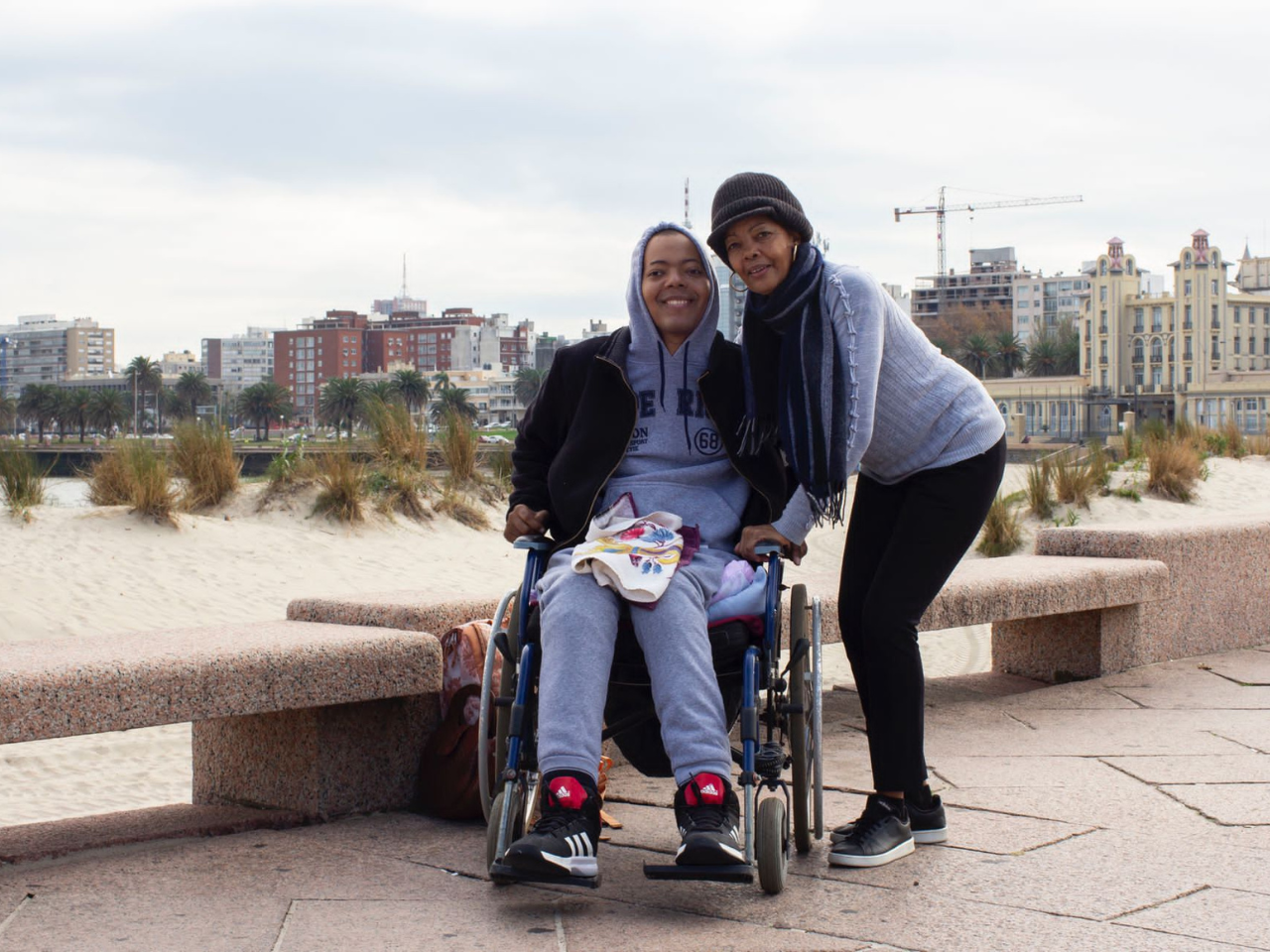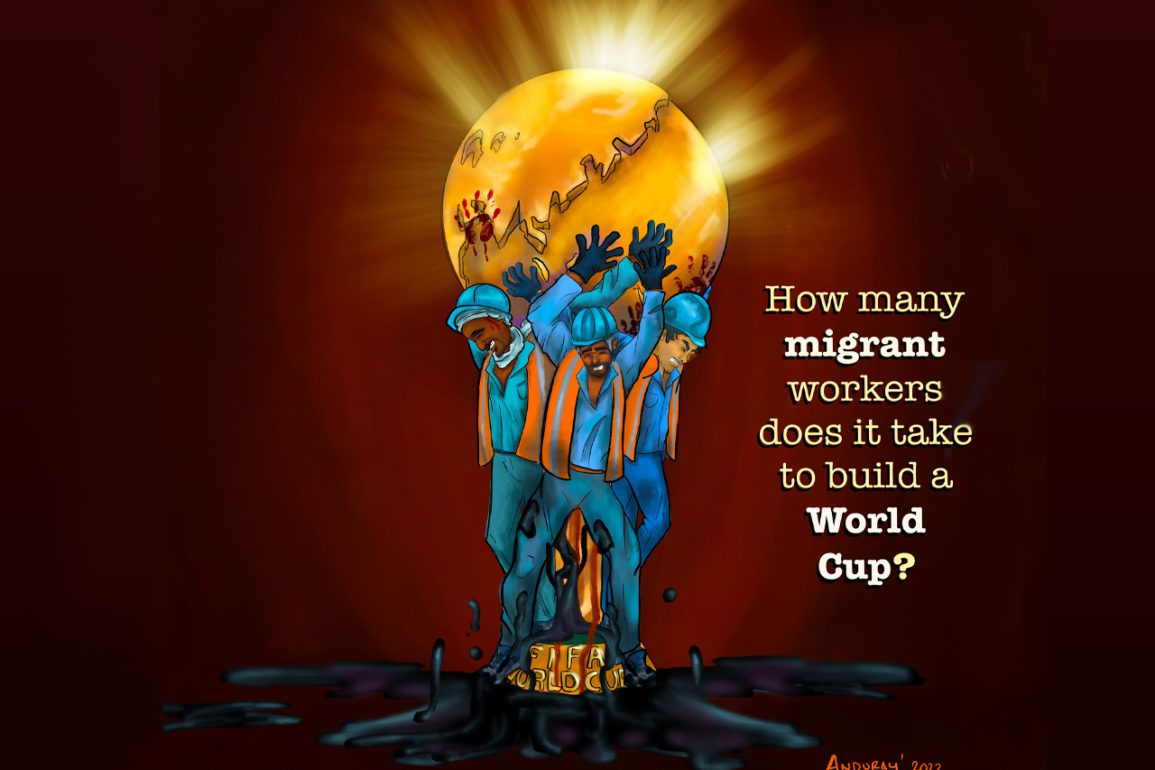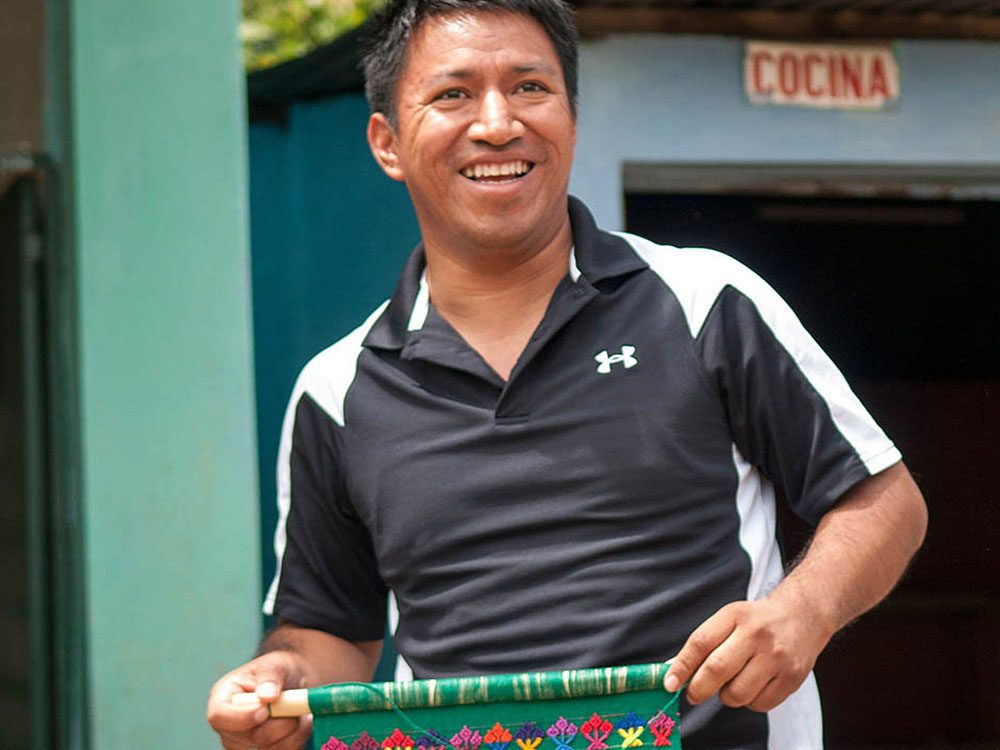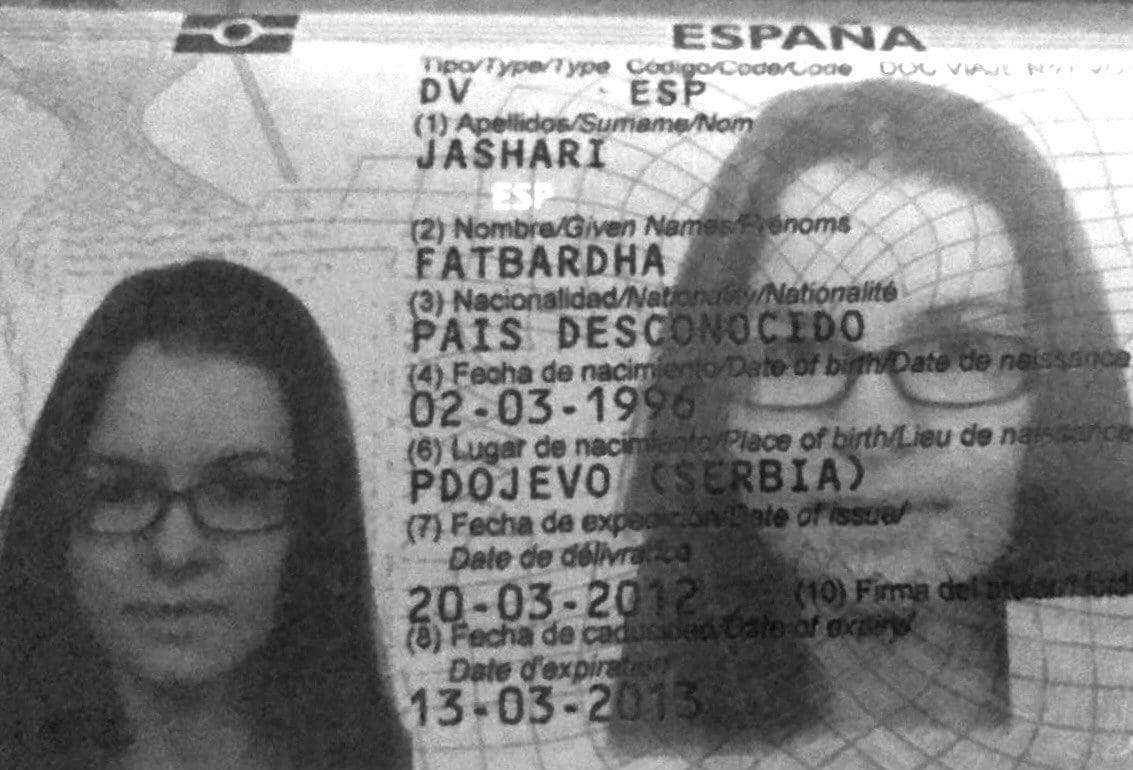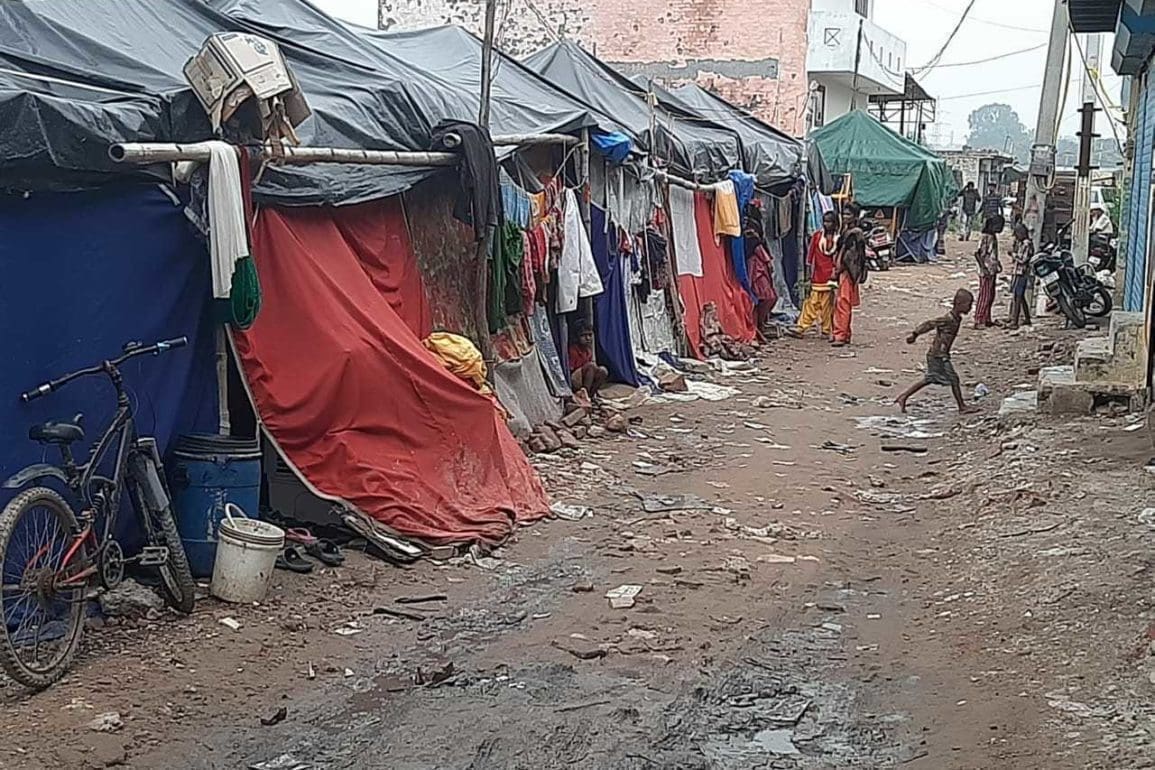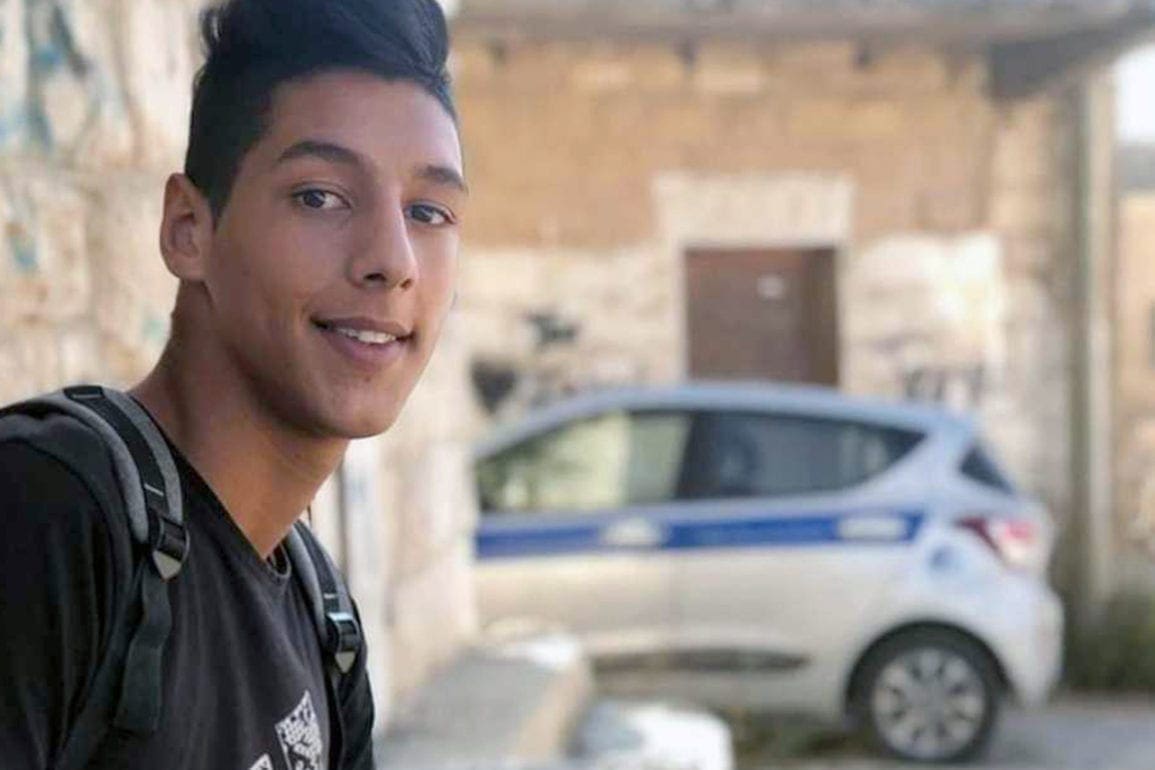Risking it all for a better life
I remember being overcome by emotions because I knew I left my mom alone in poverty to look after the entire family.
- 5 years ago
February 1, 2021

JOHANNESBURG, South Africa—When I decided to leave Ethiopia in 2006 and seek a better life in South Africa, all I had were the clothes on my body.
The fantasy we subscribed to was South Africa being a land where jobs and homes fell right into your hands, but I struggled to the point of near-death to make it through. That existence included repeated robberies, vandalism, and homelessness.
When my dad was alive my siblings and I lived a happy and sustained life. My dad owned a restaurant and several other business ventures.
But the comforts of his hard work were short-lived. I was a child when my dad died suddenly. Immediately after his death, the restaurant and all his other belongings were taken from my mom by the government.
We moved from being comfortable and happy to poor and destitute seemingly overnight. At the time my mom was uneducated and had no job.
We barely had enough to eat. I could not wear the clothes I had longed for as a young girl. I would be teased about wearing the same jacket every day for months. I remember being stigmatized at church for not looking like the other children.
Eventually, my mom worked five to six jobs to sustain her children. Even though our situation improved, I despaired over the strenuous labor my mom endured and hoped to alleviate some of her suffering.
I was put through school and had the chance to work in Ethiopia. My siblings and I were told positive stories of South Africa’s economic opportunity by close friends. The idea of moving led to hope that we would be able to help my mom. My brother decided to leave Ethiopia with almost no money. He walked to South Africa for over three months.
A few months later, my teen sister was also lured to leave Ethiopia and migrate to South Africa by tourists with the promise of a job. I watched my mom in sorrow at the thought of more of her children navigating to an unknown land.
Then, it was my turn.
One day I received an invitation from a family to travel to South Africa. My thoughts centered on the despair of my mom who struggled financially and emotionally over her children fleeing for better opportunities. I decided to accept the invitation and migrate to South Africa to explore its economic opportunity and to ease my mom’s frustration over my teen sister roaming the South African streets alone.
Fortunately for me, I had been given a plane ticket to make this trip. This was not the case for my brother and most Ethiopian migrants to South Africa, who either walked or traveled by truck.
I arrived at the airport — a big building with so much movement — something I hadn’t been used to. This was the day I would finally migrate to South Africa.
Emotion overtook me because I knew I left my mom alone in poverty to look after the rest of the family. But I had also so longed to see my sister again.
I boarded the plane with the hope of a brighter future with no premonition of the trials I would soon face.
The hustle of life in the city
I was living in a city called Pretoria and I had become accustomed to a trader’s life.
I used public transport to travel to Johannesburg, about 70 kilometers away from Pretoria, to buy goods that I would resell as I usually do.
My sister came along for this excursion. I often made these trips with her, as it was how we made money to survive.
After a long day of selecting goods for resale, we headed home. After we left the taxi, my sister and I walked through the front door, exhausted from the day’s work and travel.
Suddenly, I noticed my sister’s change in mood. She started screaming frantically. She looked at me in horror and said not to touch anything. We had been robbed.
I walked in and saw the place was in a mess. The robbers had cut up everything. The sofa was sliced up, the curtains pulled down and the rails were broken. I walked into the bedroom and the mattress was torn apart.
I worriedly looked for the documents that would give rights to my father’s businesses and belongings. In South Africa, I had hoped to make enough money to hire a lawyer that would help my mother obtain rights to my father’s estate. These were the documents that could save my mother after being stripped of everything. I found them in the wardrobe, but they, too, were destroyed.
They took our clothes; they took our hope. They took everything.
My sister stood outside and called the police. They soon arrived and gathered fingerprints.
At that moment I realized the robbers also took all our money. From our day trip, I only had a couple of Rands in my pocket. This was the money we would need to survive on for the near future.
The rent is due
About a month from the day we were robbed, the rent was due for the house I had lived in with my sister.
I remember the agent’s thunderous knock on our door. Not only did we not have rent for the house, but we also did not have any money to pay rent at the shop.
The agent said that because I had no money to pay rent, all they would do is use the deposit money to accommodate us for a couple more days but once that grace period had elapsed we would need to move out.
I headed into the streets and desperately looked for jobs, but I was turned down everywhere that I went. I was not able to save my sister and me from this situation. I broke down and cried over this feeling of hopelessness.
Eventually, we were kicked out of the house and were officially homeless.
I lived on the streets with my sister for a while. I struggled to find food. I remember looking at myself and how I weighed less than 45 kilograms. On one occasion, we went three days without food. I begged people for money. I even searched the floors near the grocery store for coins that would make enough to buy bread. Luckily that afternoon, we broke our three-day fast with a loaf of bread.
A saving grace
Finally, our fortunes turned after I found out that a friend I had known in Ethiopia had also migrated to South Africa. I called him and I cried, and I told him I was not coping at all.
He agreed to shelter me, my sister, and my brother in Johannesburg. The day he came to pick us to what would become our new home in Johannesburg, I felt a sense of relief.
When we arrived at his home, I noticed it was quite small, but this did not bother me.
My friend and his family slept on the floor in a room and they left a bed in another room where my sister, brother, and I slept. I was grateful.
Not only did my friend give me a chance to live in his home, he later found me a job as a shop assistant at an Ethiopian-owned clothing shop. This was the first time I had worked in South Africa. I earned very little, but the Ethiopian owner transported me to and back from work, cutting my expenses. Most of the money I earned went towards contributing to my friend’s rent.
My sister soon found a job at a clothing shop in Hillbrow, a town about 20 km from where we lived, but quit after four days due to sexual harassment from her boss. I remember every night my sister and I would pray for better opportunities. She soon found work at a butchery that offered more money than where I had worked. There was also an opening for me to work as a cashier.
The butchery was a big, busy place. It was bustling with customers who filled in their numbers and the building was unbearably cold. I phoned my mom and I told her both my sister and I had found good jobs. She was so happy,
When I heard her cry through the phone, I cried too.
The day we first got paid, I threw the money up in the air on the mattress with my sister. We danced, we jumped around, and we cried. We had enough money to buy all the food we wanted.
Xenophobic attacks
In 2008, the biggest xenophobic attack towards African migrants transpired in South Africa. At the time I had still been working at the butchery. The day it all began I feared for my life.
I still went to work despite the uprising in the street. People chanted, burned tires, and carried weapons.
They wanted to kill the foreigners who they believed took their jobs.
Our butchery was a target for protesters because it was common knowledge that they hired many migrants from Mozambique, Zimbabwe, and Ethiopia. I arrived at work, and as usual, took a position at the till, but the environment was tense.
My South African colleague who I had thought was a friend told me he’d ensure I’d lose my job, and that my position would be filled by his South African sister. I was disappointed but not shocked by his words.
From the outside, we faced protesters throwing bottles filled with alcohol in an attempt to burn down the shop and the migrants working there. They were huge in number, and there was no chance of fighting to defend ourselves.
The shop could have caught fire at any moment.
It was like living in a war.
I may have been spared from harm but I grieved the loss of a close friend who was killed in front of his wife and children.
A traumatic experience
I worked at the butchery for seven years. However, one day would change my life.
My boss and I were closing the shop and a group of people came towards us, violently tied us up, and took us to an area surrounded by bushes.
I did not know where we were. They demanded we give them money. We were tortured. They eventually got their money and we were released, but this trauma left me scarred.
The following day, I returned to work but the atmosphere was different. I was sitting at my till when I recognized the same set of robbers moving in the streets around the butchery. The evening we were attacked they had tried to conceal their faces, but I was able to recognize them.
The next day, after they appeared again, I stood up, dropped my work jacket, and left the butchery for good. I could not bear to see them any longer.
A better future
After years of sacrifice, dangerous working conditions, and outright racial violence, I managed to save up some money.
For the longest time, I dreamed of owning my own restaurant. While working in the butchery, I would save up to buy utensils and stockpile restaurant items in hope that one day I could get closer to my dream.
Fate or destiny had a hand in delivering my dream, as I later met and married a trained chef who shared my vision.
The day we opened the restaurant, we looked at all the things we had acquired and remembered it was done through all the tough days.
We woke up every morning at 5 a.m. to get to work and I would leave at 9 p.m., all to make the restaurant a success. Days after opening the restaurant, community members would come to us and applaud us on the opening.
Even though there were days where I struggled and could not pay the rent for the restaurant, I would try and change my menu or revamp the building.
I knew things would turn for the better.

